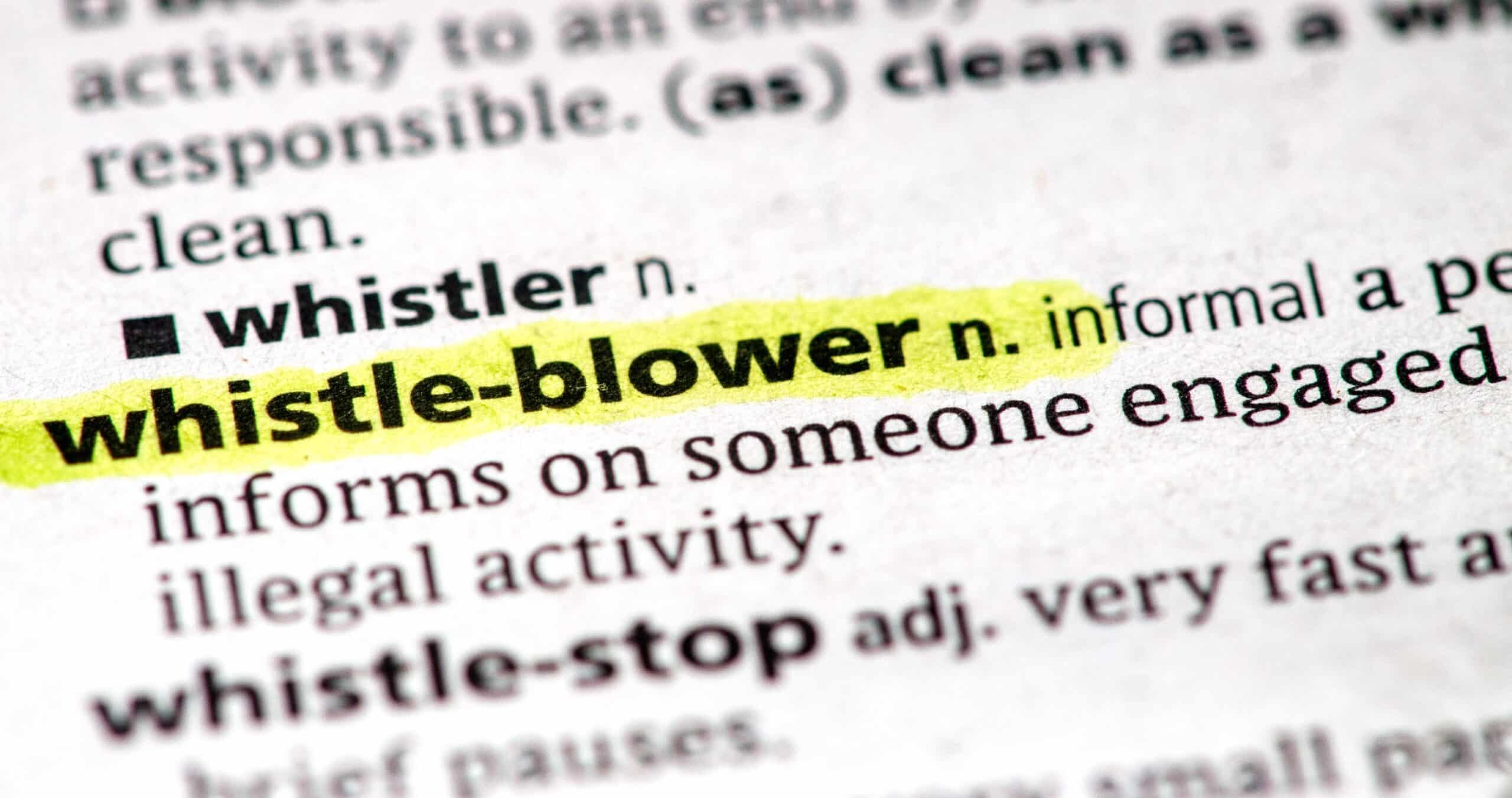California Sick Leave Basics
California Employees Entitled to Paid Sick Leave
California law[1] generally requires employers to provide their employees[2] with at least three paid sick days per year.
When and how can I use my paid sick leave?
To receive this benefit, employees must have worked in California for the same employer for at least 30 days in a one-year period. (Labor Code § 246, subd. (a).) Employees are entitled to use accrued paid sick days beginning on the 90th day of employment. (Labor Code § 246, subd. (c).)
Employees can decide how many hours of sick leave they want to use, though employers can set “a reasonable minimum increment” of time that must be used to measure the leave. However, employers cannot make the increment larger than two hours. (Labor Code § 246, subd. (k).)
Employees can use paid sick leave for preventative care, or for diagnosis, care, or treatment of an existing health condition. They may use sick leave to care for their own health or the health of a family member. (Labor Code § 246.5, subd. (a)(1).)
If the need for paid sick leave is foreseeable, employees must provide reasonable advance notice to their employers. If the need for paid sick leave is unforeseeable, the employees must notify their employers as soon as they can. (Labor Code § 246, subd. (m).)
Employees must pay out sick leave on or before the next scheduled pay date after the sick leave was taken. (Labor Code § 246, subd. (n).)
How do I accrue paid sick leave?
Employees must accrue at least one hour of sick leave for every 30 hours worked. Employers may use a different accrual method as long as employees accrue paid sick leave on a regular basis and so that employees have at least 24 hours of sick leave by their 120th day of employment. (Labor Code § 246, subd. (b).)
How will I know how much sick leave I have?
Employers must provide employees with written notice that explains the amount of paid sick leave available, either on a wage statement or on a separate document provided on pay day. If the employer has an unlimited sick leave or PTO policy, the employer must write “unlimited” on the wage statement or separate notice. (Labor Code § 246, subdivision (i).)
Does paid sick leave carry over or expire?
Generally, paid sick time carries over to the following year.
However, employers do not have to allow sick time to carry over to the following year if they provide employees with a lump sum of 40 hours or five days of sick leave at the start of a new year. (Labor Code §246, subd. (d).)
Can employers cap my sick leave?
Employers may cap the accrual of paid sick leave at 80 hours or ten days. (Labor Code § 246, subd. (j).)
Employers may cap the use of sick leave at 40 hours or five days per year. (Labor Code § 246, subd. (d).)
Can I cash out my sick leave when I leave my employment?
Employers are not required to pay out unused paid sick days when employees resign, are terminated, retire, or have any other separation from employment. (Labor Code § 246, subd. (g)(1).)
However, if an employee is rehired within a year, then the employer must reinstate the employee’s previously accrued and unused paid sick time. (Labor Code § 246, subd. (g)(2).)
What happens if my employer does not provide me paid sick leave or does not let me use it?
If an employer violates California’s paid sick leave laws, employees may be entitled to reinstatement, backpay, pay for sick days unlawfully withheld, and penalties up to $4,000. (Labor Code § 248.5, subd. (e).)
If you have questions about your employer’s sick leave policy or think your rights may have been violated, give us a call at 510-444-4400 or schedule an intake.
[1] This law was introduced as the Healthy Workplaces, Healthy Families Act of 2014.
[2] Some employees covered by collective bargaining agreements and some public employees may not fall under California’s Healthy Workplaces, Healthy Families Act of 2014. (See Labor Code Section 245.5.)


